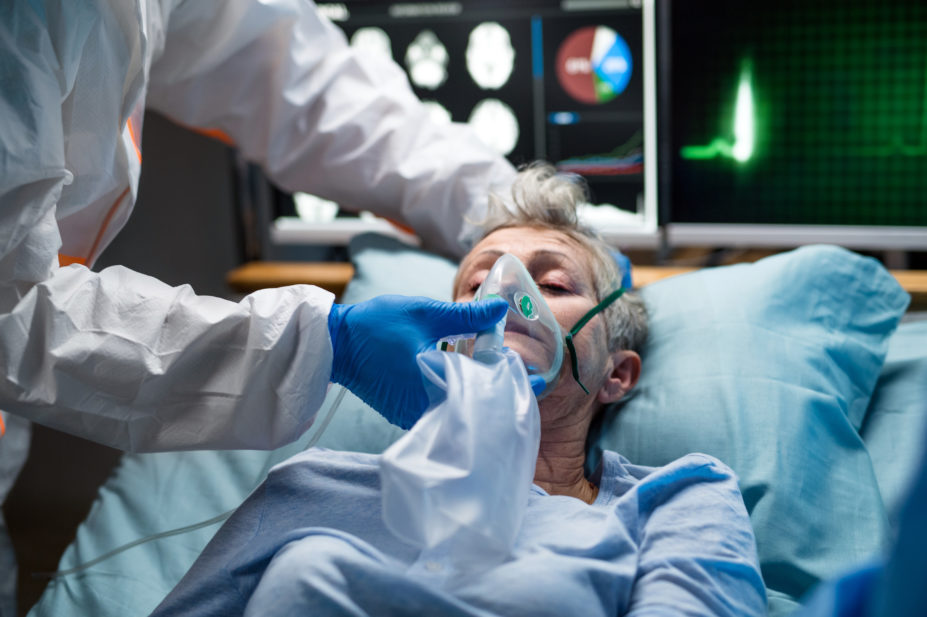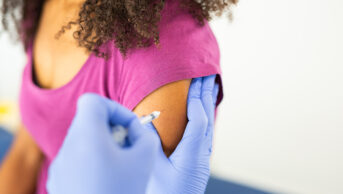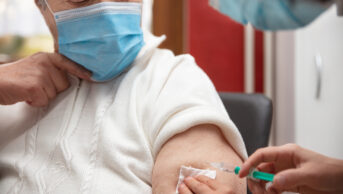
Shutterstock.com
Open access article
The Royal Pharmaceutical Society has made this article free to access in order to help healthcare professionals stay informed about an issue of national importance.
To learn more about coronavirus, please visit: https://www.rpharms.com/coronavirus
Pharmacists could be among the clinicians that assess vulnerable patients for their suitability for treatment with neutralising monoclonal antibodies (nMABs) for COVID-19, according to NHS documents.
Minutes from two meetings of the COVID-19 nMABs Access and Policy National Expert Group, held in June 2021, detail plans for how to commission a new service to deliver nMAB treatment in England, which has shown the potential in trials to reduce the risk of death in hospital patients not able to mount an adequate immune response.
The documents reveal plans for patients to be identified and referred to COVID MABs delivery units if they develop COVID-19. They will then be contacted for an “assessment by a trained clinician (doctor, advanced nurse practitioner/clinical nurse specialist or pharmacist)”.
This assessment could include taking a detailed history of symptoms, “allergy status and past medical history to confirm eligibility for treatment,” it says, adding that these assessments may look at “suitability for in-reach versus outreach delivery of treatment”.
A previous NHS document, seen by The Pharmaceutical Journal in June 2021, suggested nMABs could be available to a large number of high risk patients — including ‘clinically extremely vulnerable’ individuals, care home residents and people aged 70 years and over.
However, as part of a discussion on “prioritisation of patient cohorts”, the COVID-19 nMABs Access and Policy National Expert Group noted a “consensus” that this should be based on the potential benefits and risks, and that patients with an impaired immune response or who are unvaccinated should be prioritised.
“Capacity to benefit is likely greatest in those with impaired immune response/poor response to vaccination/unvaccinated,” the document said, adding that the “clinically extremely vulnerable list may not be best suited to this purpose”.
Previous documents have suggested nMABs could be administered through a ‘Hospital at Home-type service’ for the most vulnerable patients who are unable to present to outpatient facilities.
Meanwhile, hospital treatment with nMABs may be available if the patient has a confirmed case of COVID-19, is receiving corticosteroids and has negative baseline serum anti-spike antibodies against SARS-COV-2.
According to Simon Stevens, chief executive of the NHS, nMABs may be available “within several months”. They were approved in Japan in July 2021.
However, the Medicines and Healthcare products Regulatory Agency has yet to approve an nMAB treatment for COVID-19. The Randomised Evaluation of COVID-19 therapy (RECOVERY) trial found that REGEN-COV — a combination of two antiviral monoclonal antibodies — reduced the risk of death and the length of hospital stay for seronegative hospitalised patients with severe COVID-19.
READ MORE: Everything you need to know about the COVID-19 therapy trials


